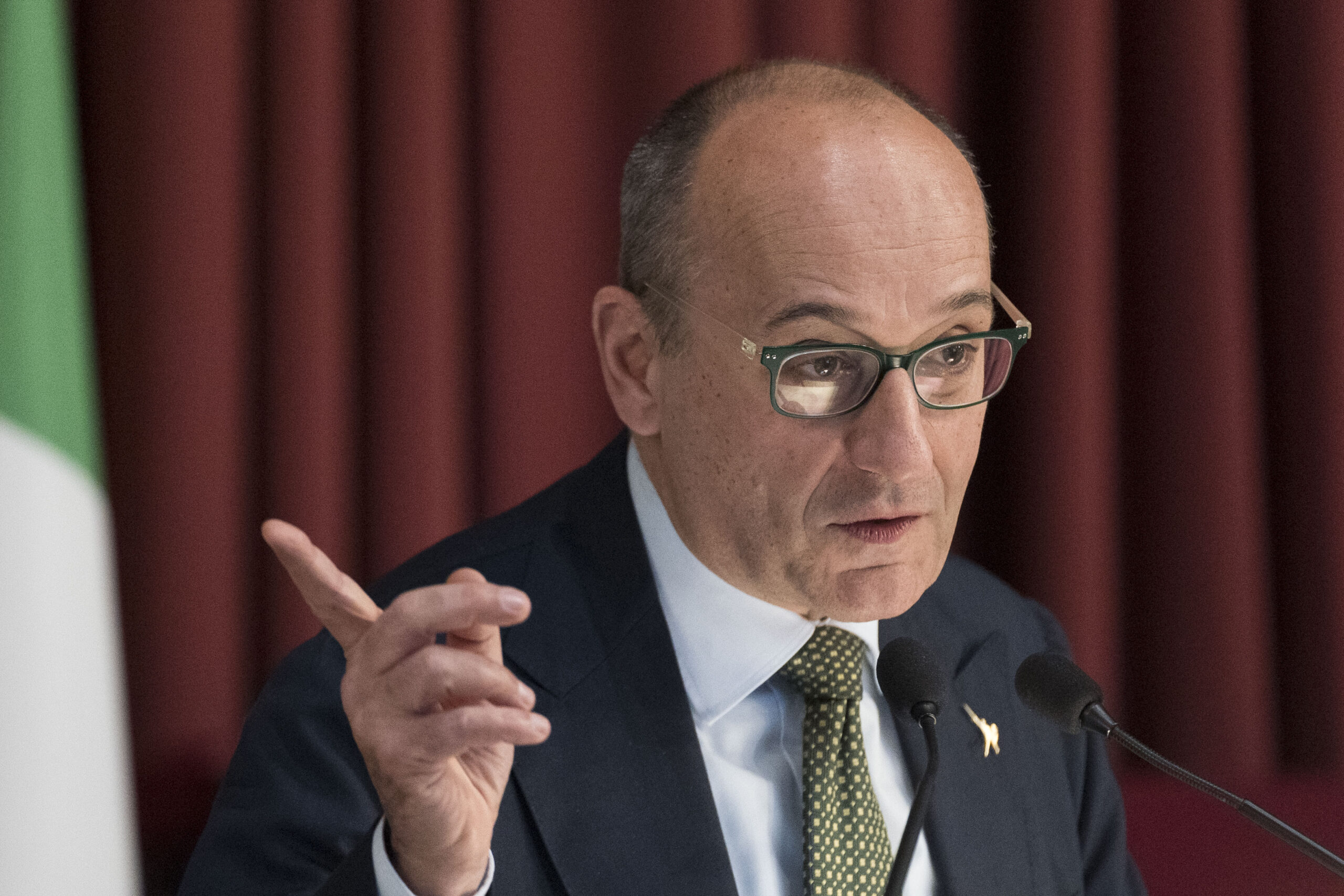Will Salvini’s League ride the bills to the European elections?

What two important representatives of the League, the economic manager Alberto Bagnai and the president of the X Commission Alberto Gusmeroli, say about the free electricity market
According to Alberto Bagnai, deputy and economic manager of the League, Italian citizens "do not […] see the benefits" of the transition to the free electricity market "because these benefits do not exist". The economist linked the end of the so-called protected market – that is, the one where the prices of supplies and the contractual conditions are established by the regulatory authority, the Arera – to the "failure of globalization" and to "that creeping commissionership which is the Pnrr ”, i.e. the economic conversion plan which is part of a broader European Union programme.
According to Bagnai, who spoke at a conference on bills held this morning in the Chamber of Deputies, "the real problem of energy costs is caused by the all-European anxiety to create a simulacrum of a competitive market in network services which are instead textbook cases of natural monopoly ”. “An anxiety”, he added, “which in the energy sector is particularly harmful, because the decoupling between energy production and transport opens up technical problems, and because the tariff structures adopted are often opaque and onerous”.
THE LEAGUE IS AGAINST THE FREE ENERGY MARKET, BUT IT VOTED FOR THE PNRR
In essence, Bagnai's statements reiterate the position of his party, the League, which opposes the end of the protected energy regime despite having voted in favor of the Pnrr drawn up by Mario Draghi's government. Liberalization and competition are among the objectives of the Pnrr; violating the plan would mean, for Italy, going into conflict with Brussels and having problems with European funding.
AN ELECTION MESSAGE
Bagnai's message, therefore, is clearly aimed at the European elections in June ("Let us reflect on this [i.e. on the bill situation, ed. ] at the next European elections", he said).
A CLARITY OPERATION IS NEEDED, SAYS GUSMEROLI
Another Northern League representative, Alberto Gusmeroli, president of the Productive Activities Commission of the Chamber, proposed a "clarity operation" to invite consumers in the free electricity market to return to the protected regime and join the gradual protection service (a sort of phase intermediate, accompanying, between the protected market and the free market) which will begin on 1 July 2024 and end in March 2027.
On the Facebook page of the Lega alla Camera group, Gusmeroli published a video tutorial to apply for entry into the gradual protection service. The video was shared by Bagnai on his Telegram channel.
WHAT ARERA SAYS
The president of Arera, Stefano Besseghini, during a recent hearing in the Chamber, estimated a cost of 38 cents per kilowatt hour for users in the free electricity market for 2024; for consumers under the protection regime, however, the expense will be slightly lower, by 33 cents.
Besseghini also explained that in the second half of 2023 the average price of energy on the protected market was lower than that on the free market (28 cents versus 39.1); in the previous semester the situation was reversed. “The greater convenience of the free market over the protected one remained high until the first half of 2023”, said the president of Arera, “and then was significantly reduced in the second half of the same year”.
ARE THERE BARRIERS TO COMPETITION?
In 2022, the worst year of the European energy price crisis, Italian small and medium-sized businesses on the free market "saved around 11 million euros", economist Carlo Stagnaro of the Bruno Leoni Institute wrote in Il Foglio . “If the greater protection for micro-businesses had ceased at the same time as SMEs, rather than a year later, the latter would have saved more than 60 million euros”.
However, energy markets expert Simona Benedettini explained in Rivista Energia that "the conditions under which the transition of non-vulnerable domestic customers from the Greater Protection regime to the STG [gradual protection service, ed. ] took place seem to suggest the emergence of barriers to entry or in any case to effective competition between operators and the risk, for customers served in the STG, of not benefiting, in the long term, from truly convenient offers". Only one company, Enel , a former monopolist, has a 60 percent share of the electricity supply market.
This is a machine translation from Italian language of a post published on Start Magazine at the URL https://www.startmag.it/energia/lega-bagnai-mercato-libero-bollette/ on Thu, 18 Apr 2024 14:31:10 +0000.
